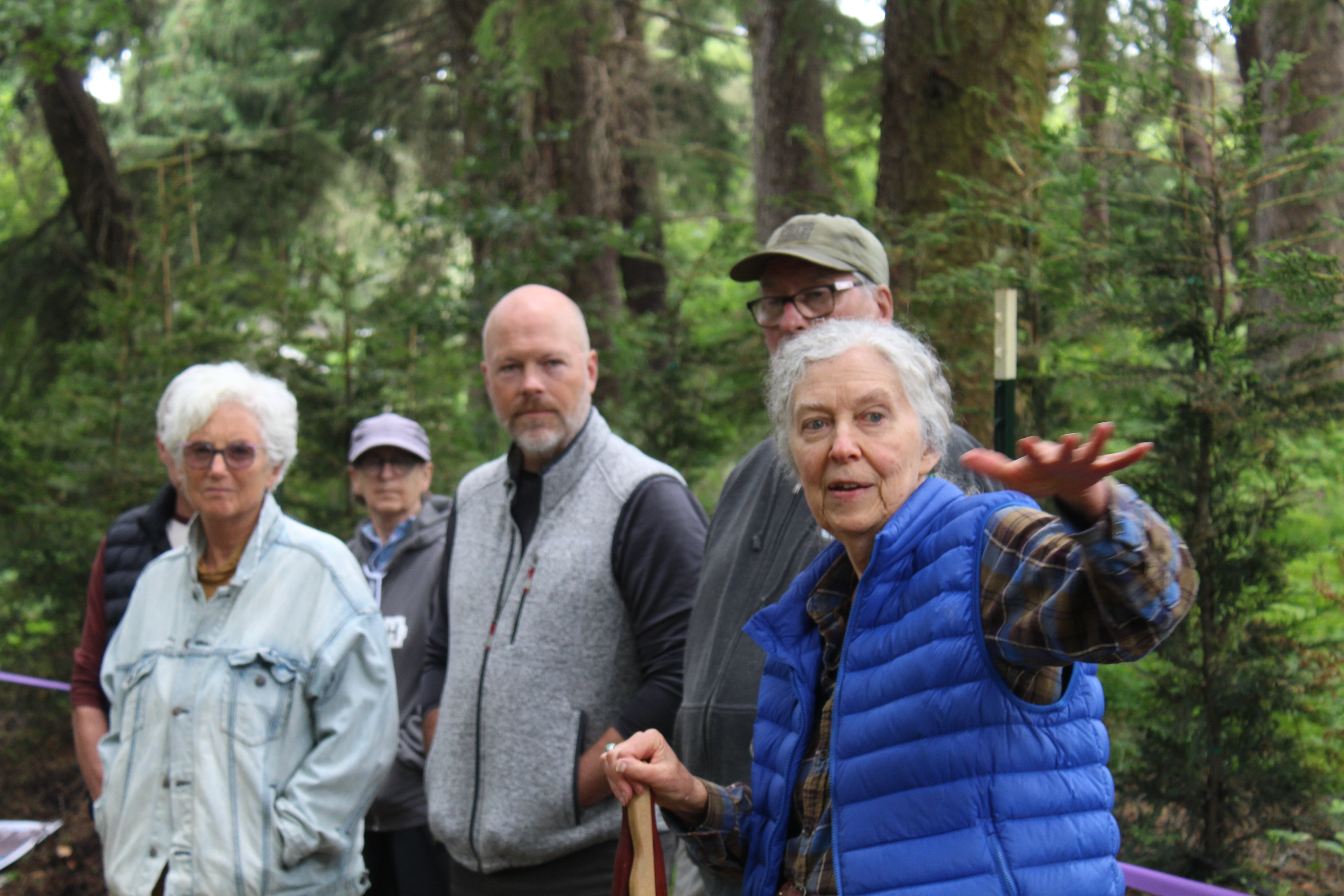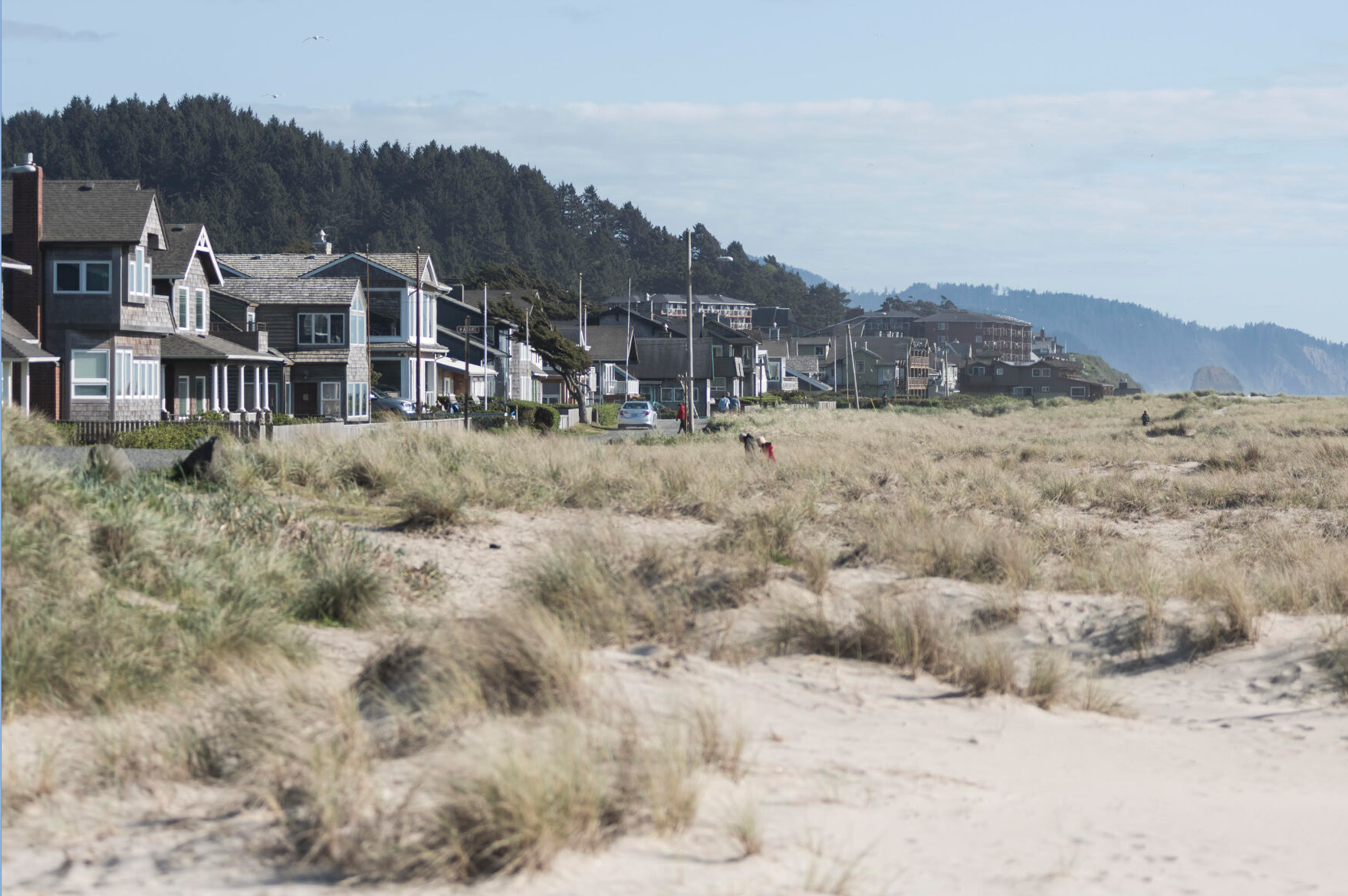Making the Dollar: Trails End Recovery and Custom Excavating
Published 4:00 pm Wednesday, January 28, 2009
An interview with Dean Larson, owner of Trails End Recovery and Custom Excavating, 34661 Airport Lane, Warrenton.
Trending
Construction sites produce vast quantities of debris. Recycling the material is a solution to rising costs, overflowing landfills and environmental pollution. Trails End Recovery, where alternate U.S. Highway 101 meets Fort Clatsop Road, takes in construction material at the end of its road and gives it a new beginning. Trails End Recovery is open from 8 a.m. to 5 p.m. Monday through Saturday. For more information, call (503) 861-6030.
What would you like to tell people about Trails End Recovery?
“I started here 15 years ago excavating, demolishing, dismantling, salvaging and clearing land. As an industry, the traditional approach to dealing with the by-products of these tasks has been job site burning, landfill or long hauling to remote sites for processing. In 1999 Department of Environmental Quality imposed a ban on commercial burning three miles from Astoria, Seaside and Warrenton. Recognizing the need for change, Custom Excavating introduced a friendlier, local solution to reduce the pollution and waste. Where possible, we perform on-the-job site grinding to convert materials removed into chips, which we truck to local mills, such at the Wauna Mill. There, the product is cleanly burned as an alternative fuel source, where it otherwise would be heat energy wasted while also polluting the atmosphere. Local contractors, anyone, can bring material here. We have certified scales and the customer pays by the pound to dispose. We take demolition and land clearing debris, stumps, asphalt, concrete, excavation and roofing material, scrap metal, sheet rock, and much more. We do not take household garbage.”
Trending
What happens to the material here?
“We sort the material and separate out the organic. Rock, concrete, asphalt roofing, brick, asphalt, glass and sheetrock gets blended together and run through a rock crusher. All of these mineral components become road base. If the customer wants to save money he can separate the material before bringing it here, but a lot of people don’t have the time to do that. When we dismantle and salvage material we make it available for resale to contractors.”
What can you build with this material?
“We just built this new office from material salvaged from a classroom from Warrenton five years ago. They hired us to do the demolition. It was a three-section modular. We salvaged the whole building and resided it. We used reclaimed cedar from posts holding up the old Cannery Pier Hotel. The trim came out of the Lewis and Clark School. This office has become our showroom. You can build an entire house with our recycled material.”
Tell us about your custom milling.
“We offer access to a variety of woods. We have reclaimed stock that can be rough sawn. We do planning, nominal and full-dimensional cuts, kiln drying and grading. We have packages for flooring, siding and finish work.”
What other products do you have here?
“We have bark and mulches including cedar, hemlock and colored mulch, compost and soil, rock and gravel using recycled road base and brick featuring 1920 vintage red brick. Visit our Web site at www.trailsendtimbers.com to see all our products and prices.”
How much recycling do you do here?
“We are permitted through DEQ and turn in a yearly report of our volume.In 2004 we brought in 4,377.68 tons and recycled all but 150.17 tons. The volume has steadily increased every year and in 2008 we brought in 19,969.14 tons and had a residual of only 887.11 tons. We have a partnership with Western Oregon Waste. They drop off construction site debris and pick up our nonrecyclable material such as plastics and take it to the landfill. Construction site debris makes up 50 percent of all waste. Half of all garbage can be recycled and we can recycle most of that half.”









